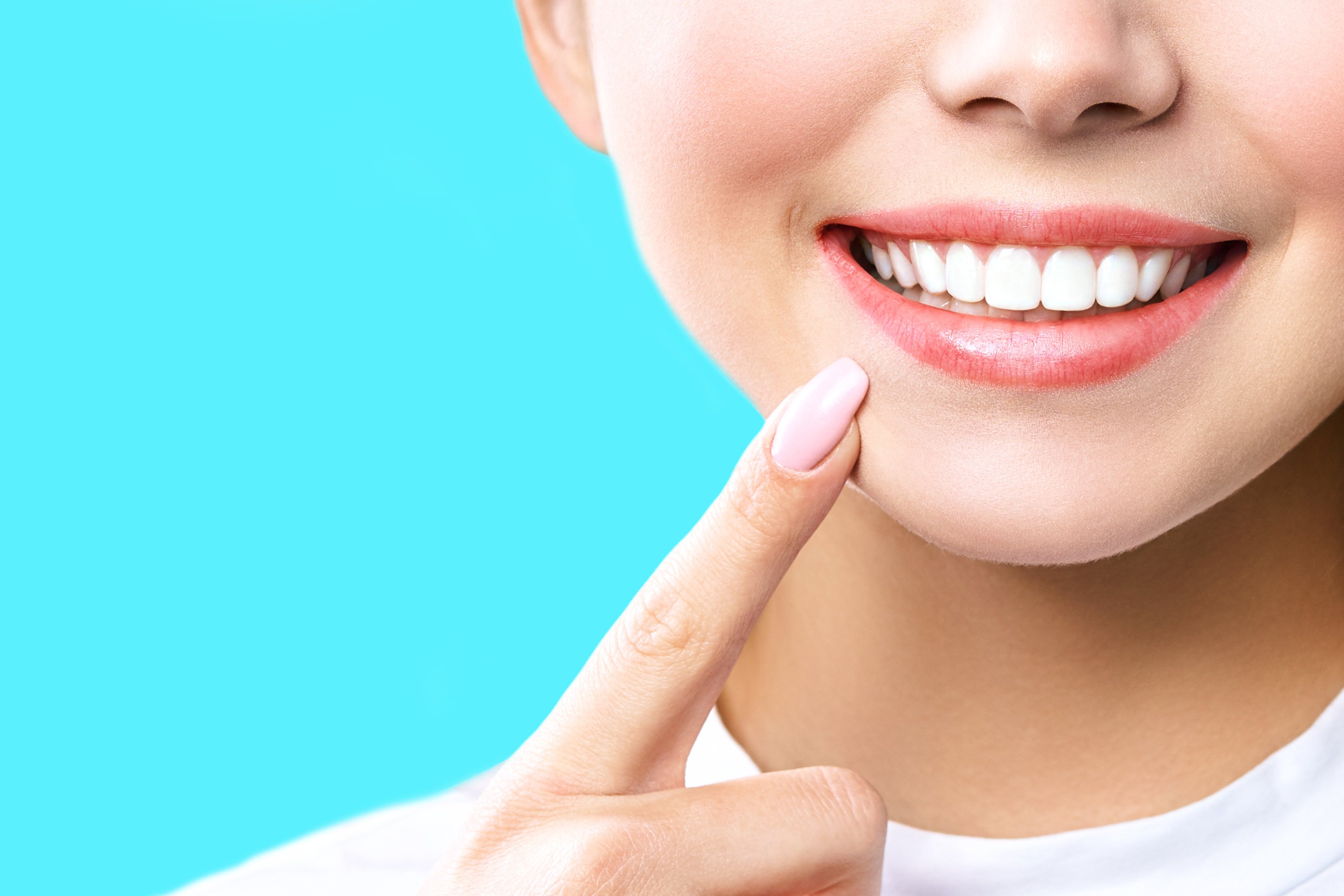Bad Habits That Harm Oral Health

Summarize with AI
When most people think about protecting their teeth and gums, they focus on brushing and flossing. While proper oral hygiene is critical to preventing cavities and gum disease, there's more to the equation. To keep your teeth healthy and strong, learn which dental habits promote injury and decay.
Problematic Habits
Whether it's too much shopping or too much time spent on social media, we all have at least one bad habit. Unfortunately, while some habits are relatively harmless, others can have serious consequences for our oral health. Some good examples include:
- Nail Biting: It may seem like a harmless habit, but nail biting can chip your teeth. It can also cause jaw dysfunction if you protrude your jaw for long periods of time while chewing on your fingernails.
- Over-brushing: It may seem counter-intuitive, but you can actually be too aggressive when brushing. If you scrub too hard or your toothbrush bristles are too stiff, you could damage tooth enamel and irritate your gums.
- Sucking Candies: Whether it's a Jolly Rancher or a cough drop, sugary hard candies can cause cavities. They can also break teeth if you bite down on them.
- Sports Drinks: Because these beverages bathe your teeth in a sugar, they promote tooth decay.
- Grinding and Clenching: This nervous habit can crack or chip teeth. It can also cause joint and muscle pain. If you grind or clench, try relaxation exercises and maintain awareness of your actions. If it happens in your sleep, ask your local dentist about wearing a mouthguard at night.
- Constant Snacking: Research suggests that your body can benefit from eating several small meals throughout the day. Unfortunately, if these meals contain a lot of sugar, you are leaving a feast for cavity-causing bacteria. If you get hungry throughout the day, try to eat fruits, vegetables and nuts. You should also consider rinsing with a glass of water to wash away any remaining food particles.
- Snacking on Chips: Rich in starchy carbohydrates, chips provide ideal fuel for cavity-causing bacteria. They also tend to get stuck between teeth.
- Sunflower Seeds: Many people love to shell sunflower seeds using their teeth. Unfortunately, this can result in tooth fractures.
- Using Teeth As Tools: Teeth are amazingly efficient at slicing and dicing food. That said, they were not made for opening packages. If you use your teeth as tools, you could suffer cracking or painful jaw injuries. Take a moment to find an alternative method and save your teeth for eating.
- Holding Things with Your Teeth: Many people hold items between their teeth when their hands are full. As gravity creates leverage, the item can break or crack a tooth. If you have a tendency to hold things in your mouth, play it safe and make two trips.
Other Considerations
With so many myths on the internet, it can be hard for people to determine if a habit can actually harm their teeth. Here are some answers to some common questions people have about how certain behaviors impact oral health.
Is Chewing Ice Bad for Your Teeth?
Tooth enamel is the hardest and most highly-mineralized substance in your entire body. That said, it is not impervious to damage. If you chew ice, you can damage your enamel. You can also break a tooth or crack a filling. If you tend to mindlessly chew ice, try drinking through a straw when possible.
What Does Soda Do to Your Teeth?
Soft drinks are one of the most significant dietary causes of tooth decay. Because they contain significant amounts of sugar, sodas provide substantial nutrition for cavity-causing bacteria. Since they are so acidic, soft drinks can also damage tooth enamel and leave our teeth more susceptible to decay. Unfortunately, studies suggest that diet soft drinks are also harmful to oral health, especially when consumed in large quantities.
If you tend to drink a lot of soda, there are some things you can do to reduce your risk.
- Try to substitute with other drinks whenever possible.
- Rinse your mouth with water after drinking a soda.
- Use a fluoride toothpaste and mouth rinse.
- Ask your dentist for a professionally-applied fluoride treatment.
Thumb-sucking and Teeth: Is there a Danger?
Thumb-sucking is a natural reflex for infants, who often use it as a coping mechanism. After permanent teeth come in, however, sucking can negatively impact healthy oral development and tooth alignment.
What to Know About Pacifiers and Teeth
Unfortunately, pacifiers can also cause mouths to develop improperly in certain situations. As a child's upper front teeth tip forward, they may become crooked. The child could also experience bite problems that can persist as they age. According to the American Dental Association (ADA), pacifier sucking can cause front teeth to not meet when the mouth is closed, while also causing changes to the roof of the mouth.
Smoking: The Effects on Teeth
Tobacco products have been proven to increase the risk of gum disease and oral-related cancers. At the same time, cigarettes, snuff and chewing tobacco can also cause permanent stains and promote tooth loss. Smoking also causes bad breath and can even diminish your sense of taste.
.png)

